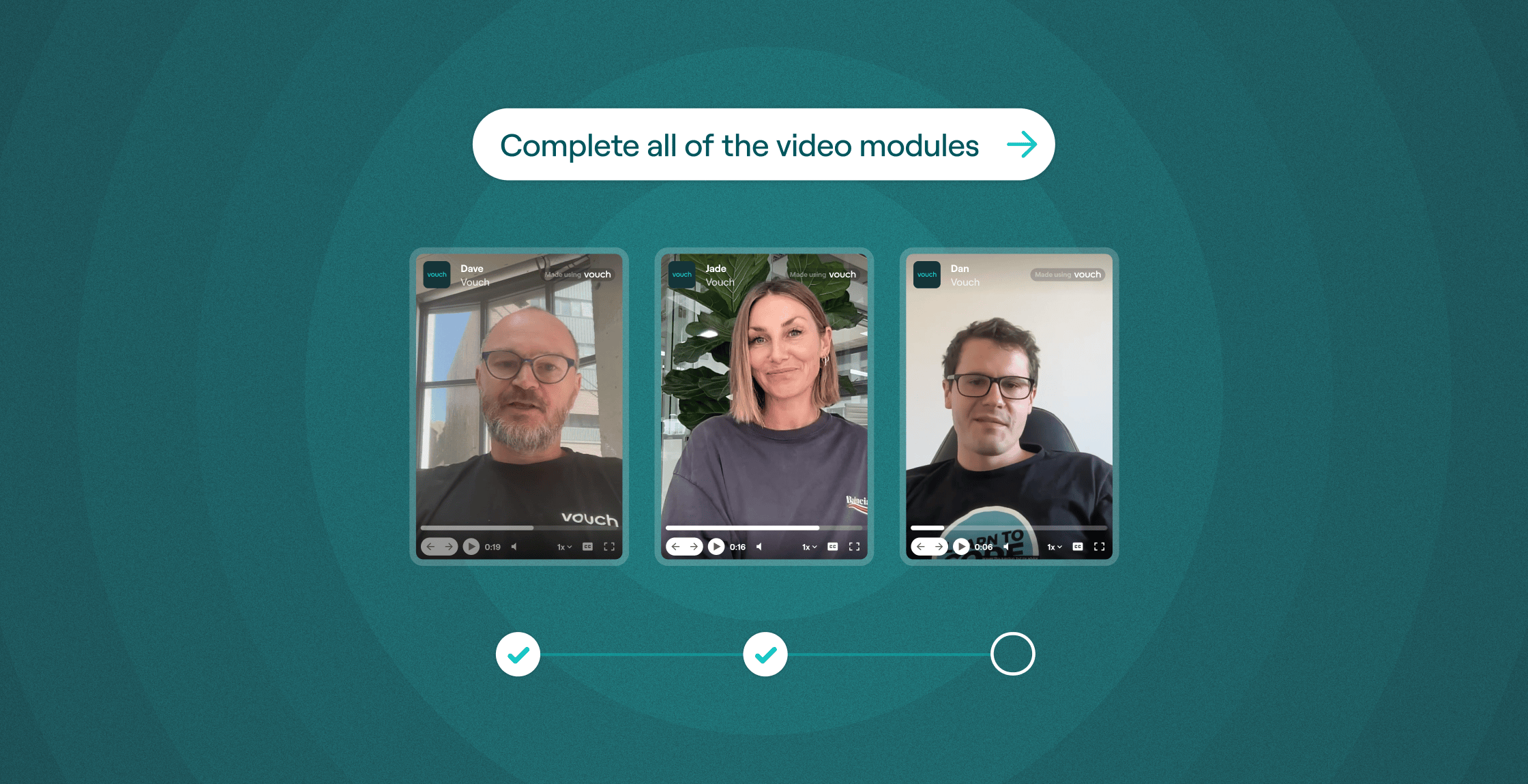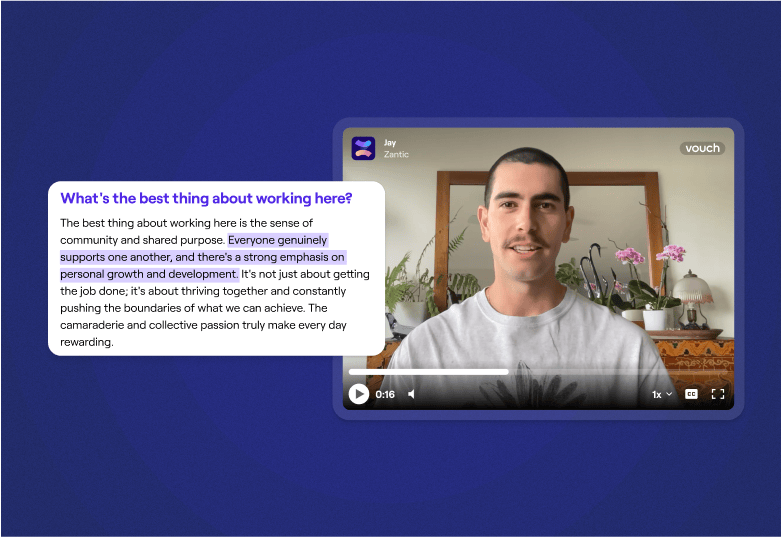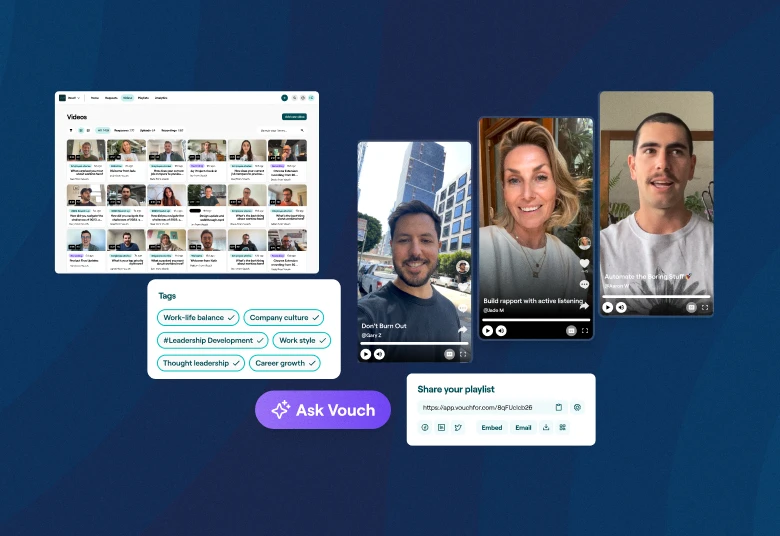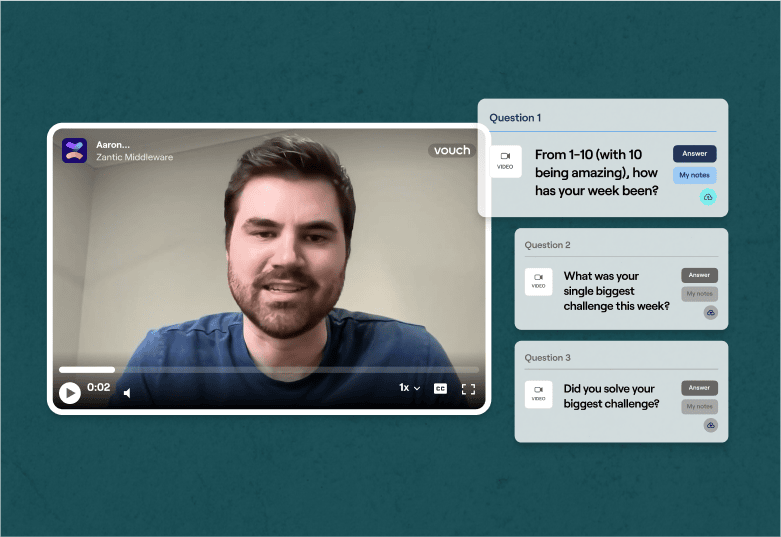In 2026, when AI, machine learning and virtual technological advancements are reshaping industries at an unprecedented pace - the concept of continuous learning has moved from being a trend to a cornerstone of professional development.
Whether you're an individual looking to stay relevant in your field or an organization aiming to maintain a competitive edge over your competitors, understanding and implementing continuous learning strategies like microlearning, is now crucial.
But what exactly is continuous learning, and why does it matter so much today?
Let's dive in.
What is Continuous Learning?
Continuous learning is the ongoing process of acquiring new knowledge, skills, and competencies throughout an individual's professional and personal life.
Unlike traditional education, which often ends after formal schooling - continuous learning recognizes that education is a lifelong journey, vital for personal growth, professional development, and career advancement.
Continuous learning not only helps bridge skill gaps but also prepares individuals and organizations for future opportunities in our constantly evolving world.
The AI-enabled workspace for talent teams.
- Unified workspace for talent teams
- Accelerate hiring with AI tools
- Auto-generate polished hiring and employer brand content
- Easily repurpose assets across all channel
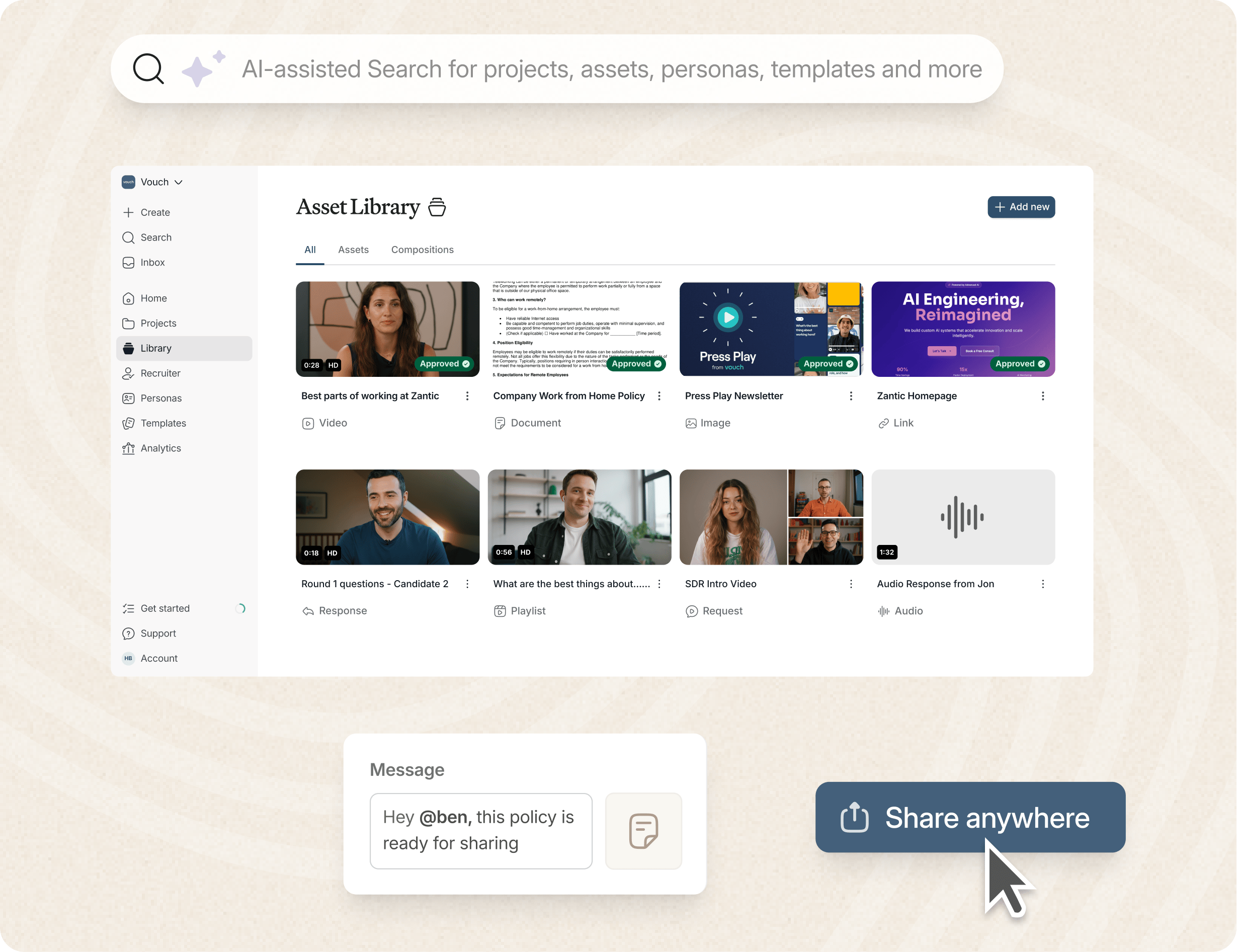
What is The Importance of a Continuous Learning Culture?
Developing a "continuous learning culture" within your organization has countless benefits.
Continuous learning creates employee engagement, increases retention rates, and improves overall job performance. Employees who engage in lifelong learning are more likely to stay with their current employers, thereby reducing turnover rates.
Moreover, continuous learning and microlearning enable employees to expand their skill sets, making them more adaptable and capable of taking on new roles and responsibilities.
Adaptability in today's business environment is simply vital.
What Are Some Continuous Learning Statistics and Trends?
According to LinkedIn's 2026 Workplace Learning Report, 94% of employees say that they would stay at a company longer if it invested in their career development.
Furthermore, companies that emphasize continuous learning have seen a 27% higher retention rate compared to those that don't. These numbers highlight the profound impact that constant learning can have on both employee satisfaction and retention.
What are the Benefits of Continuous Learning?
The benefits of continuous learning extend beyond the workplace. Here are just a few:
- Personal Growth: Continuous learning contributes to personal enrichment and self-esteem by expanding your knowledge and skills.
- Career Advancement: By continuously developing your professional skills, you increase your chances of career progression and advancement.
- Adaptability: Lifelong learners are better equipped to adapt to changes in the job market and take advantage of new opportunities.
- Increased Job Satisfaction: Engaging in continuous learning can lead to improved performance and job satisfaction, as you feel more competent and confident in your role.
- Positive Impact on Society: Continuous learning encourages individuals to contribute more effectively to their communities and society at large, creating a more educated and engaged populace.
What Are Some Continuous Learning Strategies for Individuals?
As an individual, embracing continuous learning can open up new career opportunities, enhance your current skill sets, and keep you competitive in a rapidly changing job market.
Here's how you can start:
- Set Personal Learning Goals: Begin by identifying your career goals and the skills you need to achieve them. Whether it's gaining leadership skills, improving communication skills, or mastering a new technology, having clear personal learning goals will guide your continuous learning journey.
- Engage in Self-Directed Learning: Take control of your own learning by seeking out resources that align with your goals. This can include online learning platforms, books, podcasts, and webinars. Self-directed learning allows you to focus on the areas that matter most to your career growth.
- Leverage Social Learning: Join communities of practice, both online and offline, to learn from others in your field. Social learning on platforms like LinkedIn provides an opportunity to gain insights from peers and industry leaders and share your own knowledge.
- Utilize Online Learning Platforms: Platforms like Coursera, LinkedIn Learning, and Udemy offer a wide range of courses that can help you develop new skills or deepen existing ones. These platforms allow you to learn at your own pace, making them an excellent resource for lifelong learners.
- Pursue Professional Development Opportunities: Attend conferences, workshops, and seminars in your industry to stay updated on the latest trends and network with other professionals. These events can also provide formal learning opportunities that can lead to certifications or professional licenses.
What are the Continuous Learning Strategies for Organizations?
For organizations, fostering a continuous learning culture is critical to staying competitive and innovative. Here are some strategies to implement:
- Develop a Continuous Learning Strategy: This strategy should include continuous training programs, including microlearning strategies that address both current skill gaps and future needs, ensuring that your workforce is prepared for upcoming challenges.
- Create a Supportive Environment: Encourage employees to pursue ongoing development by providing the necessary resources, tools and support. This could include offering access to online learning platforms, internal training videos with tools like Vouch, and creating a budget for professional development.
- Promote a Learning Culture: Build an environment where learning is valued and rewarded. This can be achieved by recognizing and celebrating employees who engage in continuous learning, as well as by incorporating learning goals into performance evaluations.
- Invest in Formal Training Programs: Offer formal training opportunities that align with your organization's needs. This could include leadership development programs, technical training, or soft skills workshops. Formal training ensures that employees have the foundational knowledge and skills necessary to perform their roles effectively.
- Encourage Blended Learning: Combine traditional education methods with digital tools to create a blended learning approach. This can include using Video platforms for theoretical knowledge and in-person workshops for practical application.
Case Study: IBM's Continuous Learning Approach
IBM is a prime example of a company that has successfully implemented a continuous learning culture. Facing the challenges of digital transformation, IBM recognized the need to upskill its workforce in areas like artificial intelligence, machine learning, and data science.
In response, IBM launched its "SkillsBuild" program, a continuous learning initiative that provides employees with access to a wide range of online courses and resources. The program emphasizes self-directed learning and allows employees to tailor their learning journey to their individual career goals.
As a result of this initiative, IBM has seen a significant improvement in employee engagement and retention rates. Moreover, the company's workforce is now better equipped to handle the demands of the rapidly changing technology landscape, positioning IBM as a leader in the industry.
Overcoming Barriers to Continuous Learning
Despite its benefits, continuous learning can be challenging to maintain. Common barriers include time constraints, lack of motivation, and limited access to resources. Here's how to overcome them:
- Time Management: Incorporate learning into your daily routine, even if it's just 15 minutes a day - and that's where microlearning comes into play. Small, consistent efforts can lead to significant progress over time.
- Motivation: Set clear, achievable goals and track your progress. Celebrating small wins can keep you and your team motivated.
- Access to Resources: Take advantage of free or low-cost learning resources, such as online courses, podcasts, and industry blogs. Many organizations also offer in-house training programs that can be utilized.
FAQs
What is continuous learning?
Continuous learning is the ongoing process of acquiring new knowledge, skills, and competencies throughout one's professional life.
Why is continuous learning meaningful?
It helps individuals stay relevant in their fields, bridges skill gaps and prepares them for future opportunities.
How can I start continuous learning?
Set personal learning goals, engage in self-directed learning, and use online learning platforms.
What are the benefits of continuous learning?
Personal growth, career advancement, adaptability, increased job satisfaction, and a positive societal impact.
How can organizations promote continuous learning?
Develop a continuous learning strategy, create a supportive environment, and invest in formal training programs.
What are common barriers to continuous learning?
Time constraints, lack of motivation, and limited access to resources.
How does continuous learning impact employee retention?
Organizations with a strong learning culture often see higher retention rates and better employee engagement.
Conclusion
Continuous learning is not just about keeping up with the latest trends—it's about preparing for the future and ensuring long-term success in your professional life and your company's long-term success.
By embracing a culture of continuous learning, both individuals and organizations can thrive in today's rapidly evolving world.
In 2026, microlearning will play a vital role in continuous learning as people adapt to shorter content from years of social media use and shorter attention spans.
Like to try Vouch?
Loved by companies like Canva, Nike, Cisco, HubSpot, Amazon, and more, tools like Vouch make leveraging video in your business remarkably easy.
Be sure to book a Vouch demo today and chat with a video content expert.
You might also like

Elevate Your Brand Today With Vouch
Discover how Vouch can accelerate talent acquisition while helping you stay on-brand.


